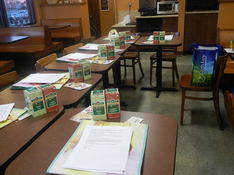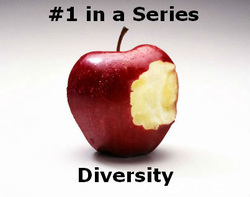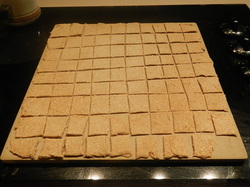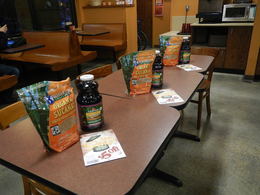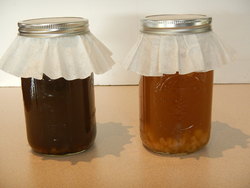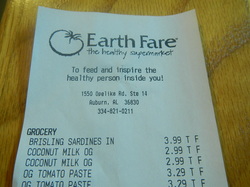
An apple, is an apple, is an apple, right? At least that's what I thought in the not too distant past. But oh, not so! Read on to find out what makes one apple, or any garden crop for that matter, more nutritious than others.
Soil – The more nutrients in the soil, the more nutrients in the plant, and thus the more nutrients in us. Conventional farming adds three fertilizers (nutrients) to the soil, nitrogen, phosphate, and potassium. These three are chosen because they make foods grow strong, have hearty stalks, appear very green and healthy, but they are devoid of all the rest of the nutrients. We have over 60 different vitamins and minerals that the body needs. When only three are added back into the soil, what about the rest of the body’s needs for the nutrients? Organic farmed food is usually grown in soil that is very rich with a full spectrum of nutrients from organic matter.
(Hawthorn University NC-1 Lecture – Chemical Free and Organic)
Maturity at Time of Harvest – Some vegetables and fruits are shipped long distances so they must be picked prematurely, in order to get the produce to the consumer before over ripening. Phytochemicals are substances in plants that prevent cancers and other diseases. These beneficial substances are formed as the fruits and vegetables ripen on the vine. When produce is picked before it is ripe, it may be deficient in these important phytochemicals.
(Hawthorn University NC-1 Lecture – Seasonal Foods)
Length of Time After Harvest– Once harvested, foods begin to lose nutrient value. That’s why having a personal garden is best, so food can be picked at the perfect time, and eaten with optimum nutrition. Here is a scenario that happens most times. The food is picked prematurely, it is sprayed with chemicals to keep it fresh, it travels many, many miles, it is purchased and taken home, placed in the refrigerator, and then many days later, we will eat it. Many days have past since harvest and many nutrients have been lost.
(Hawthorn University NC – 1 Lecture – Fresh Foods)
Irradiation - Irradiation is a process in which food is passed under gamma rays that come from radioactive cobalt. The energy kills a number of harmful bacteria, fungi, and parasites on the food and it preserves the food, giving it a longer shelf life and potentially sterilizes that food. Is that a good thing? One of the side effects of this is nutrient depletion. A number of both water and fat-soluble nutrients, particularly the B vitamins and vitamins A, C, and E, as well as some unsaturated fats, are depleted by irradiation.
Hawthorn University NC -1 Lecture – Irradiation and Pesticides
Food Preparation Method – Overcooking of certain vegetables can deplete water-soluble vitamins. Processed foods often have nutrient losses in the 50-80% range. When it comes to cooking methods, steaming is the best method for retaining flavor and nutrients in foods.
Mateljan, George. 2007. The World’s Healthiest Foods. (1st Edition)
For other posts in this series see About Nutrition

